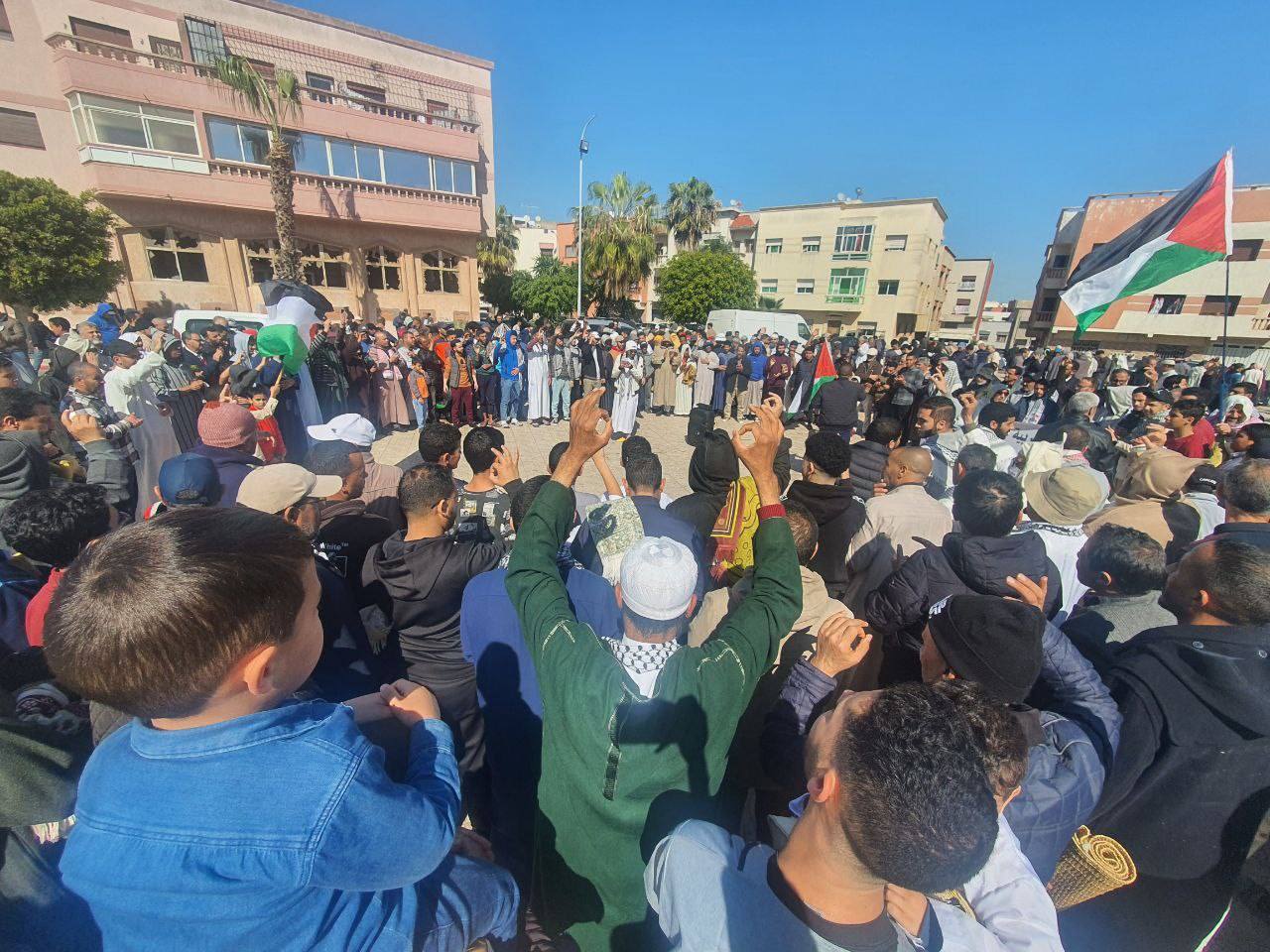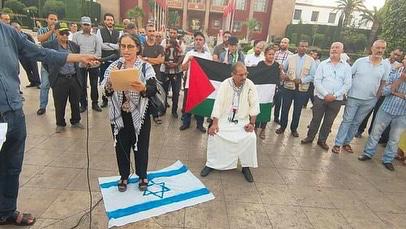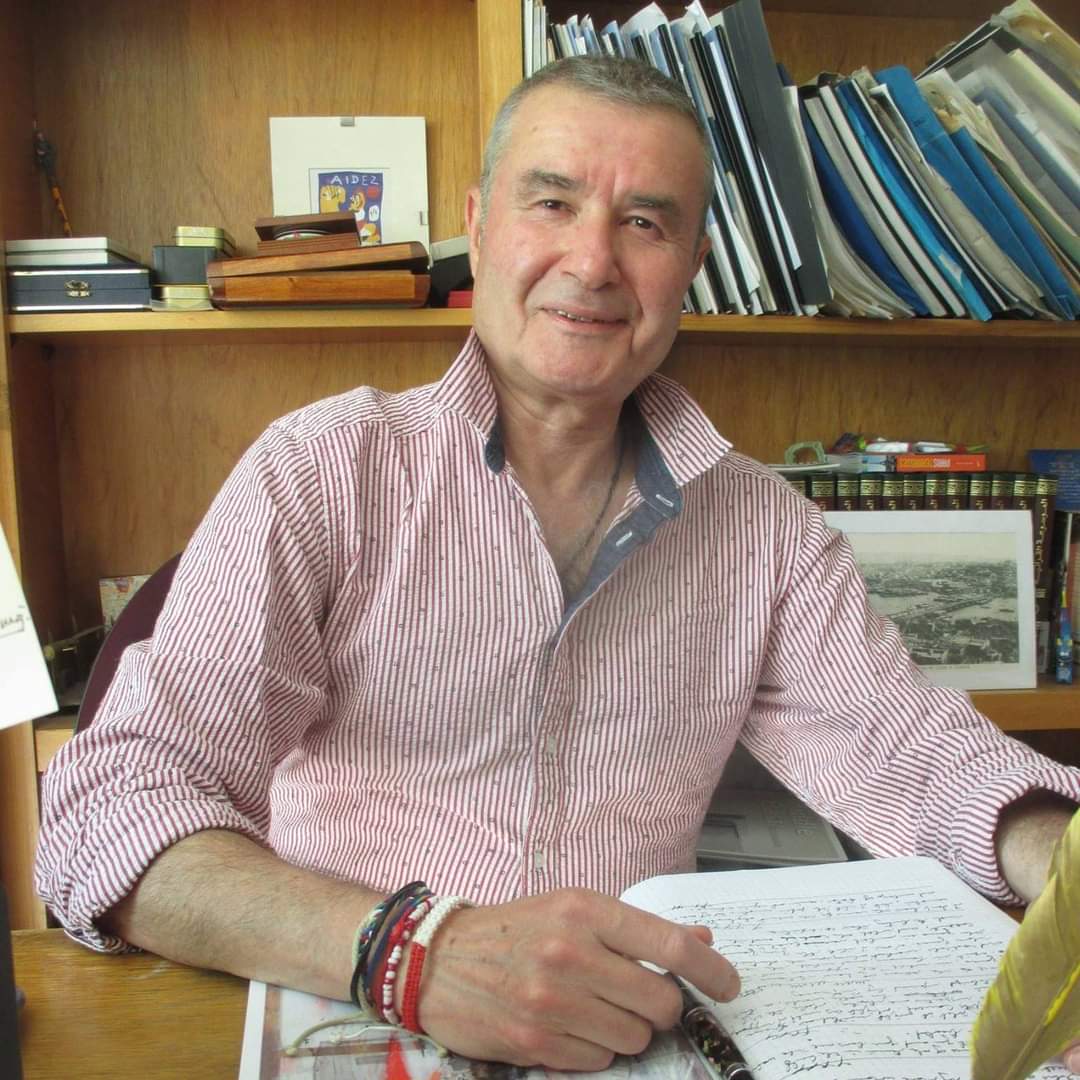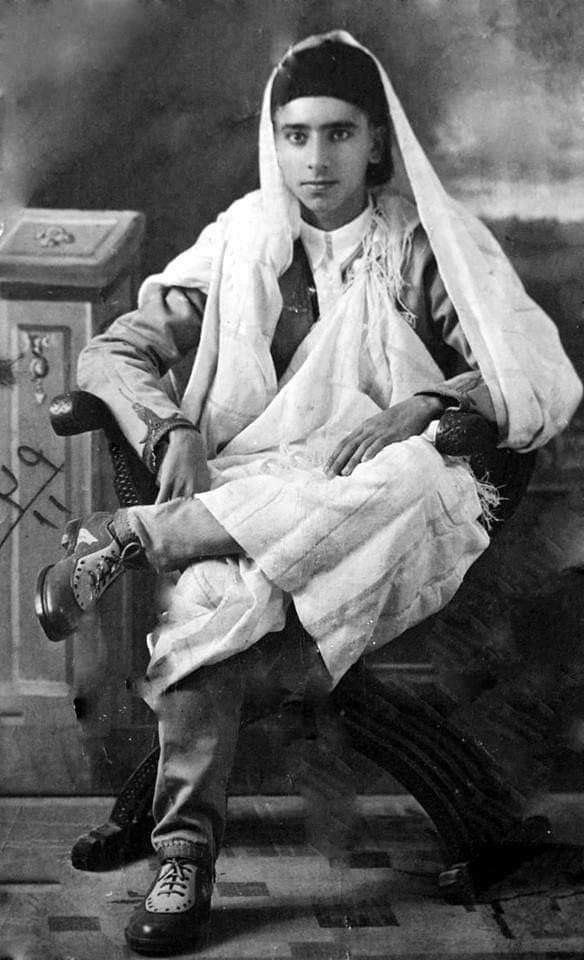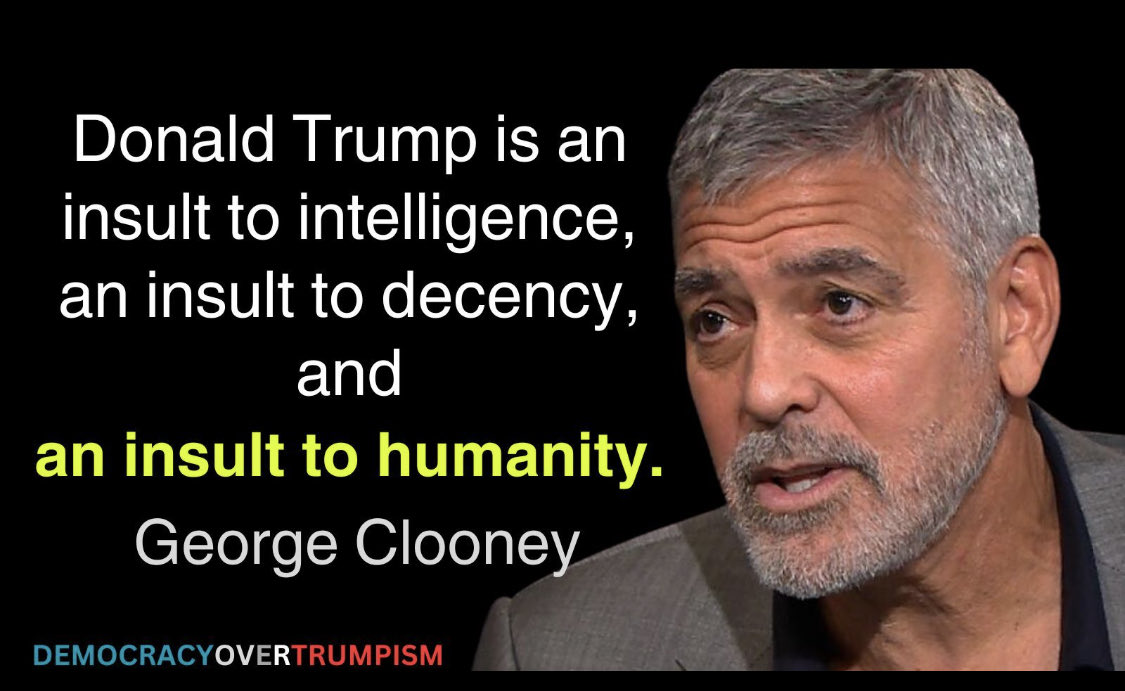By Khairi Janbek
In order to reinforce the concept of the unity of the two banks, which was reaffirmed at the Cairo Arab Summit in 1970, and in order to placate the rising Palestinian sentiments, King Hussein unveiled on 15 March, 1972, his United Arab Kingdom Plan (UAK).
In an address to the nation on that day, the late King elaborated on the proposed plan, as the Hashemite Kingdom of Jordan would, after the withdrawal of Israel from the West Bank, become the United Arab Kingdom comprising of two regions: First: Region of Palestine ie. West Bank and any future territories to be liberated and whose inhabitants opt to join in, with Jerusalem as its capital. Second: Region of Jordan, is East Bank and its capital Amman.
Furthermore, Amman would be the administrative capital of both regions. The King would be the head of state. There would be a local parliament and local government for each region, as well as a federal government and a parliament. There would be one federal supreme court and one army.
The late King added, this arrangement is his preference, though he intended to give the Palestinians, after liberation, the opportunity to determine their own future, and pledged to respect their choice.
Despite the fact that this plan was only a proposal, it drew violent reactions from the PLO as well as the Arab states who all in the 1970 Arab League Summit reaffirmed the unity of the two banks.
The late Mr. Yasser Arafat considered the plan a mere ressurection of Jordan’s long standing policy of insisting that the West Bank was an integral part of Jordan, and the Palestinians residents were Jordanian citizens. He considered that, a real threat to his own claim of representing the Palestinian people.
The late president Sadat of Egypt wanted to identify his own regime with the Palestinan cause, and announced before a cheering crowd at the Palestine National Council (PNC) meeting in Cairo on 10 April 1972, the break of diplomatic relations with Jordan. Syria, in order not to be upstaged by Egypt, cut diplomatic relations with Jordan and closed its borders.
Significantly the Plan remained under consideration until the Rabat Arab Summit of 1974, when the Arab states decided the sole representative of the Palestinian people should by the PLO.
The Rabat Summit forced Jordan to withdraw from direct involvement in the peace process at the time when the eyes of the whole world and the attention of the USA, were focused on the settlement of the Arab-israeli conflict.
The Rabat decision confused the issue. Instead of concentrating on the basic problem of Israel’s occupation of Arab lands, the questions of Palestinian national rights and independent Palestinian state were introduced. The nature of the problem changed overnight.
Jordan tried to seperate the issue of withdrawal from the issue of national rights of the Palestinian people. Jordan stood for the ending of the Israeli occupation of all Arab lands; occupied after 1967 war, establish peace and then address the question of Palestinian national rights within the context of inter-Arab relations.
But the Arabs states supported the claims of the PLO as the sole representative of the Palestinian people, and the PLO leadership was not prepared to accept Israel’s withdrawal from the West Bank in favor of Jordan, fearing that would prevent it from attaining its goal; Creation of an independent Palestinian state.
The various Arab states supported the PLO for their own reasons, and were totally content to dump the Palestinian problem on the shoulders of the PLO.
The Late President Sadat and ex-US Secretary of State Henry Kissinger, exploited the PLO’s position and the Arab support to it, and manipulated events in order to enable Egypt to sign a separate peace with israel.
The Rabat decision which neutralized Jordan’s role, and paved the way for Egypt’s separate peace with Israel, enabled Tel Aviv to tighten its grip on the West Bank and the Golan Heights.
Developments since Rabat have shown that, Jordan’s position for a comprehensive peace settlement with Israel, would have been the best chance for a lasting peace. A chance dashed in Rabat.
Dr Khairi Janbek is a Jordanian writer based in Paris and the above opinion is that of the author and doesn’t reflect crossfirearabia.com.

